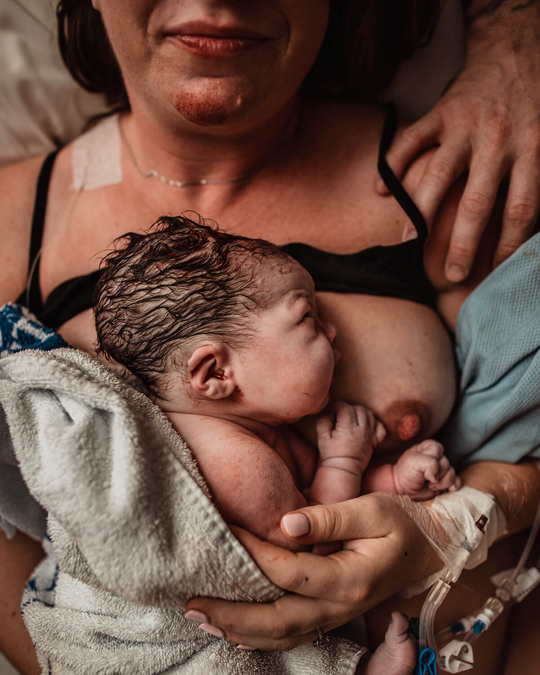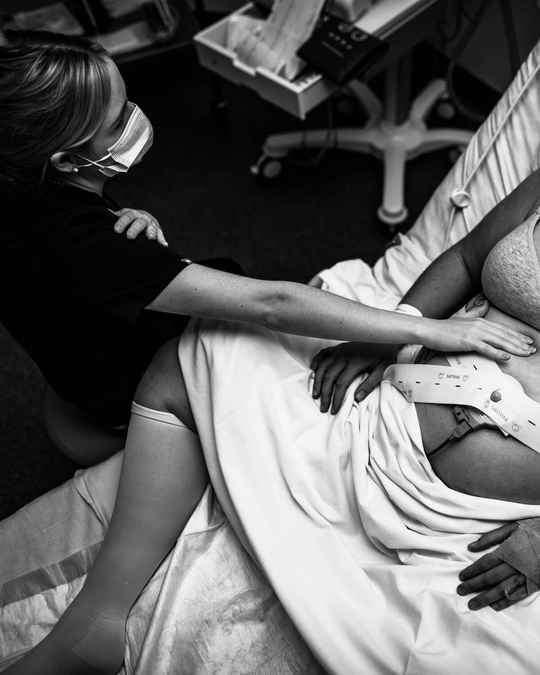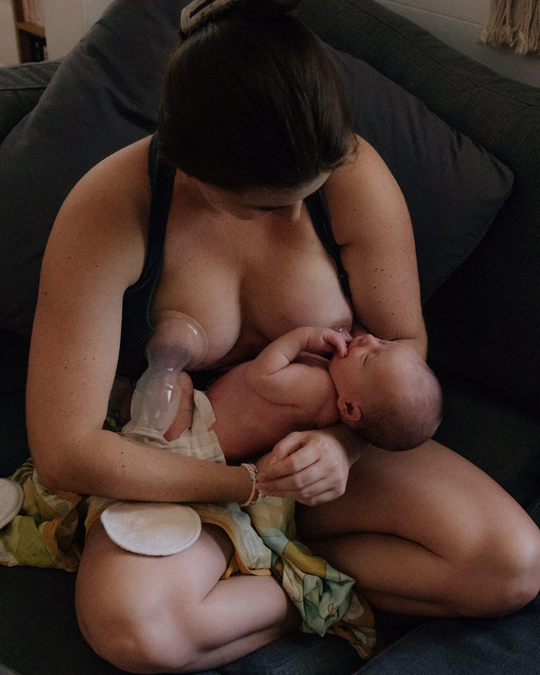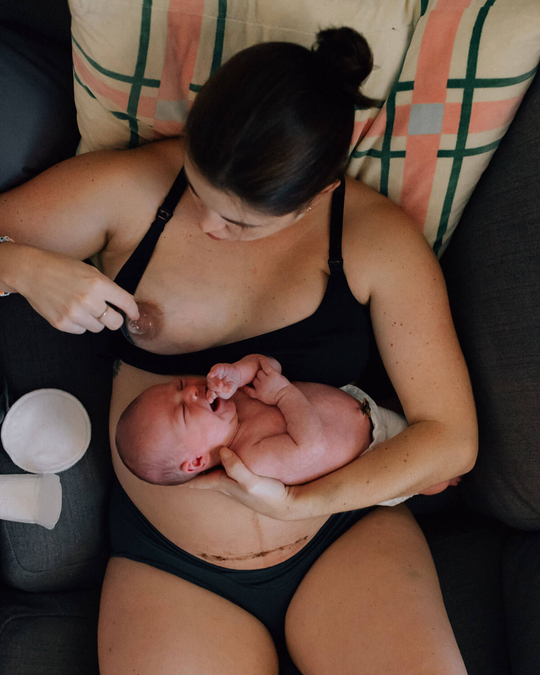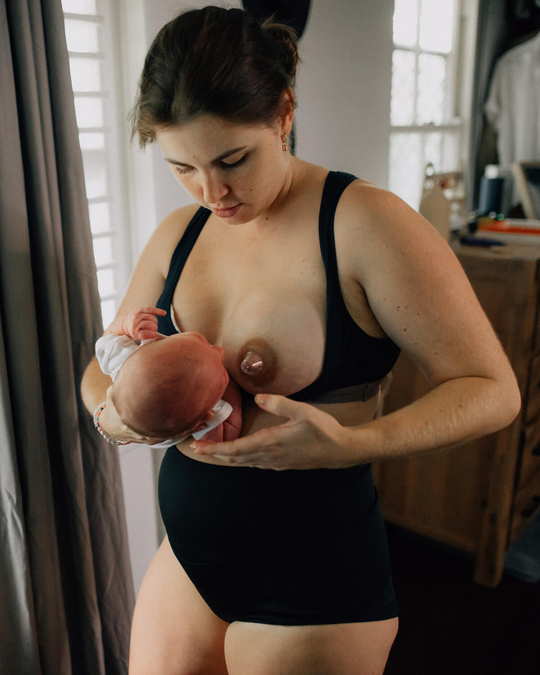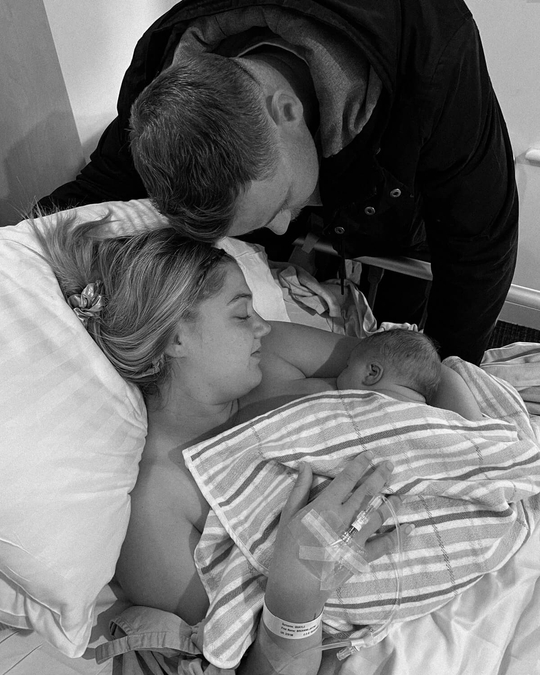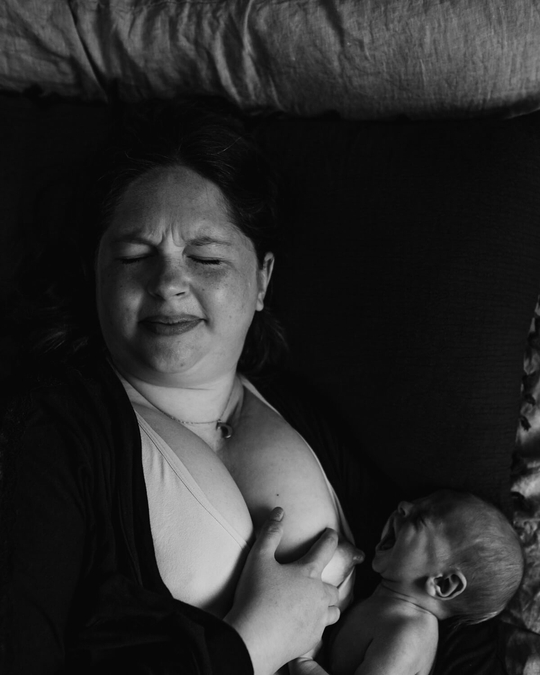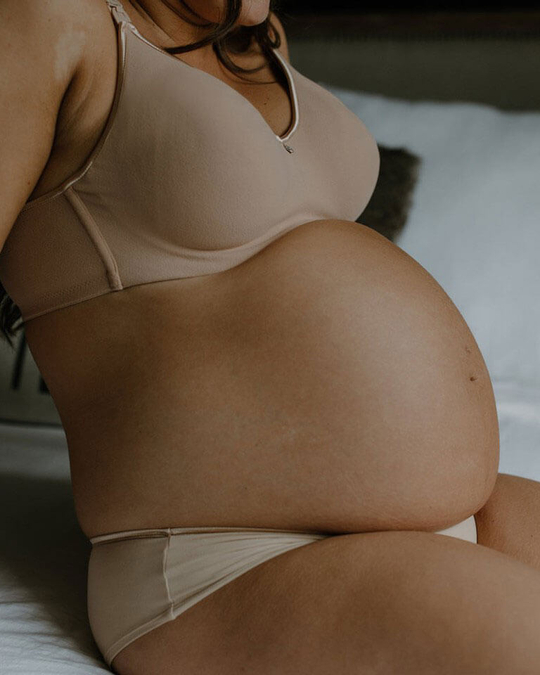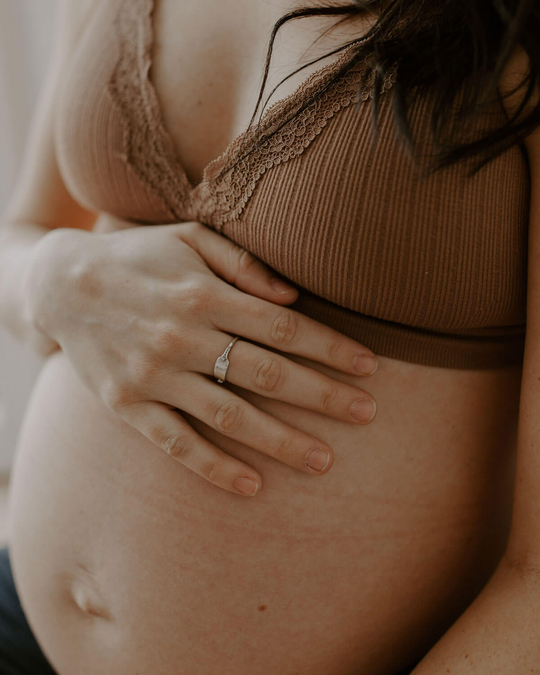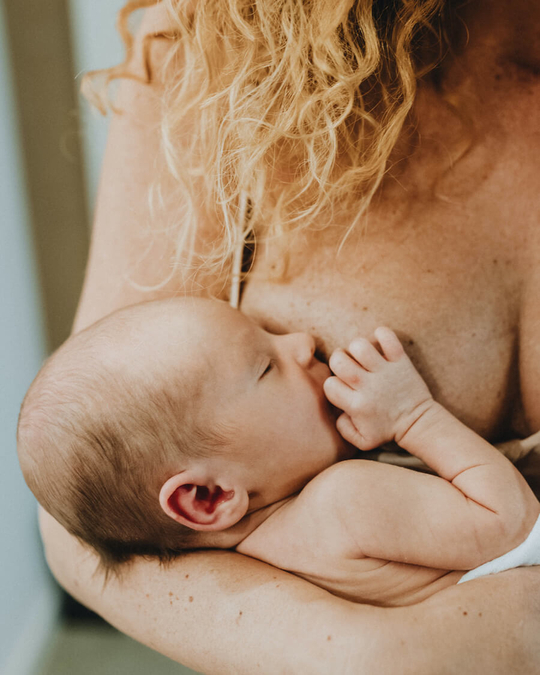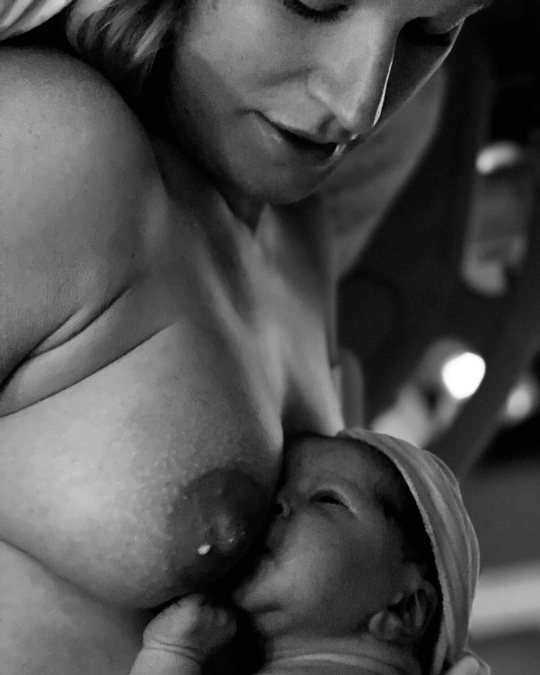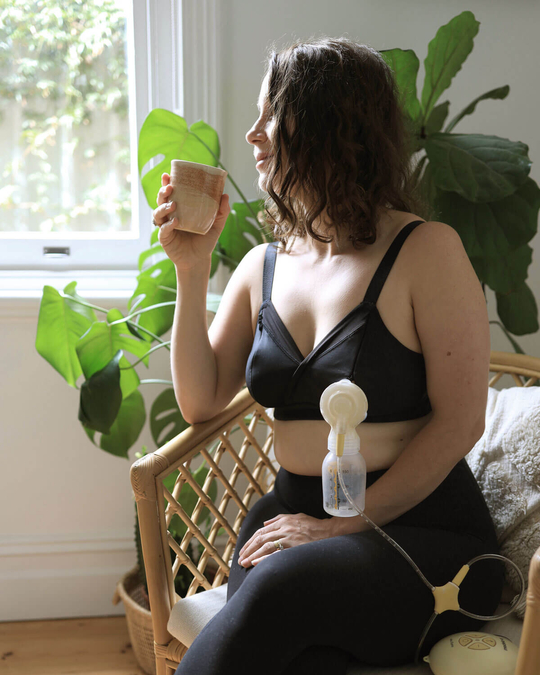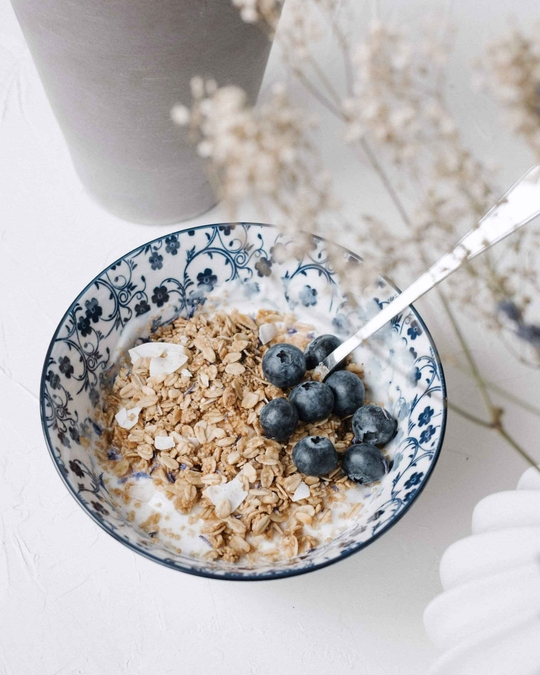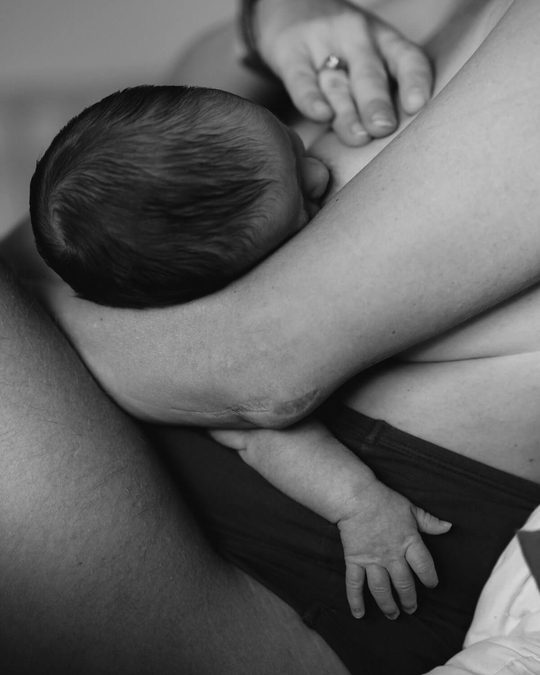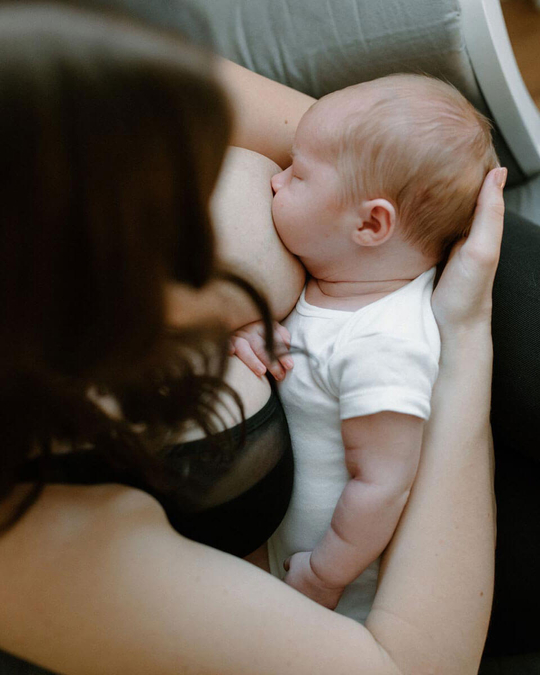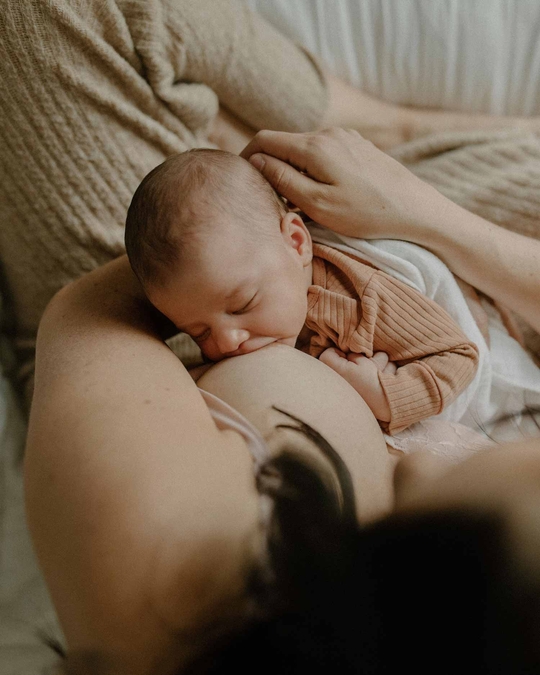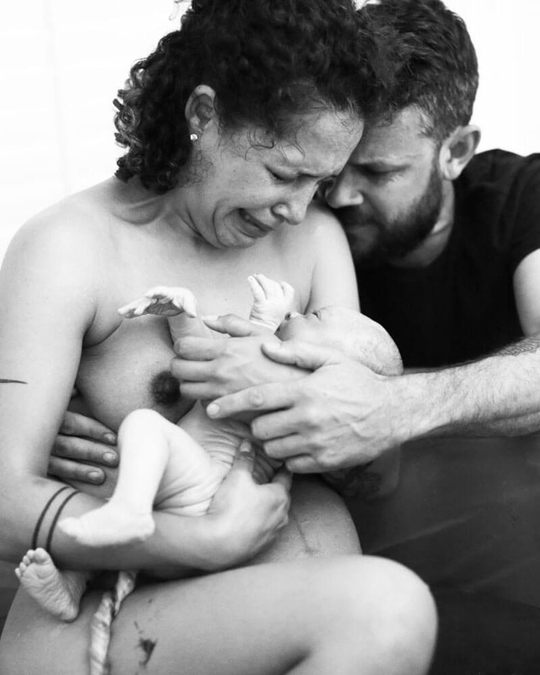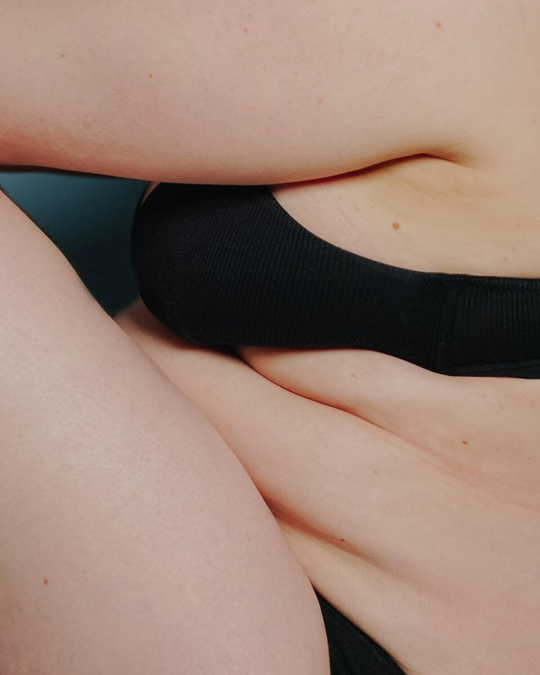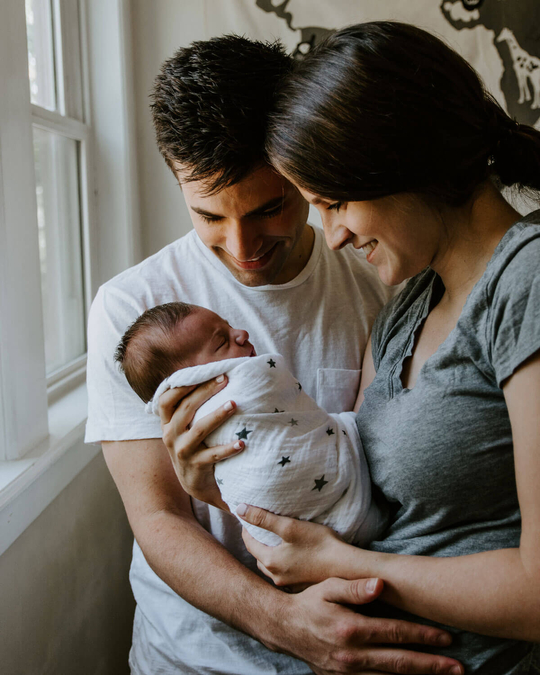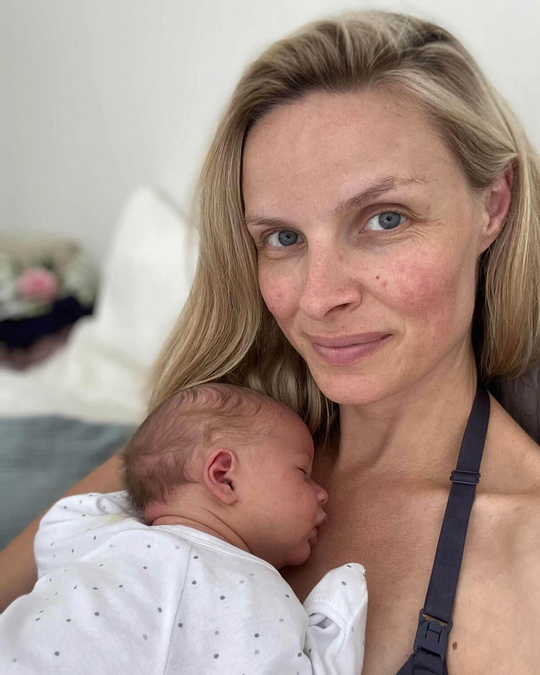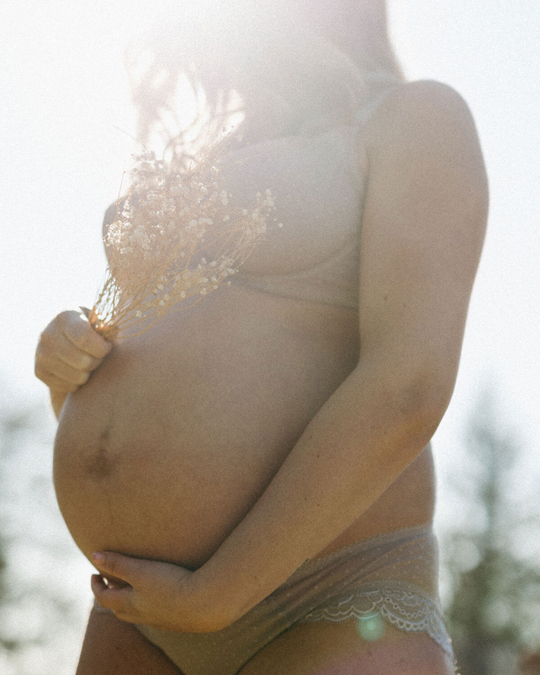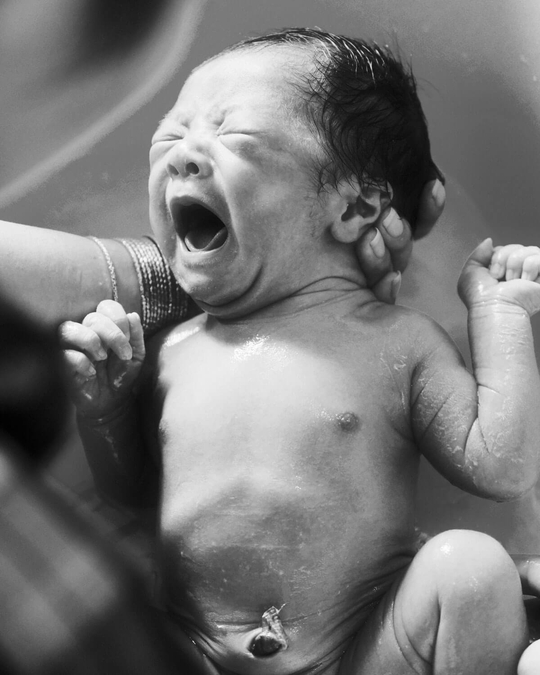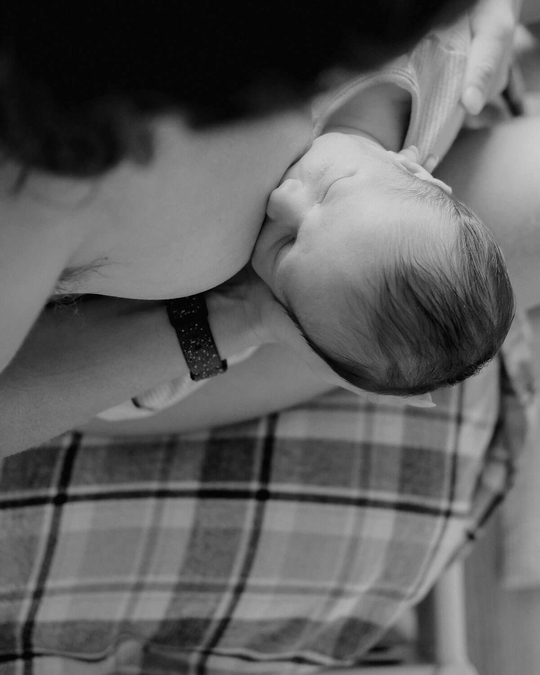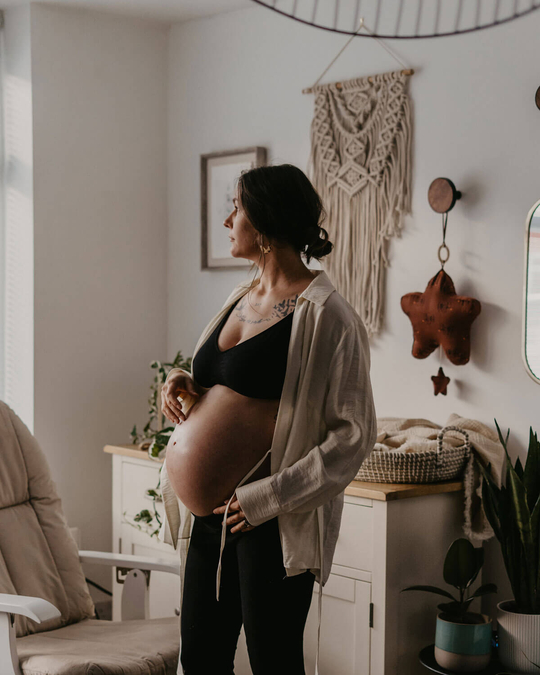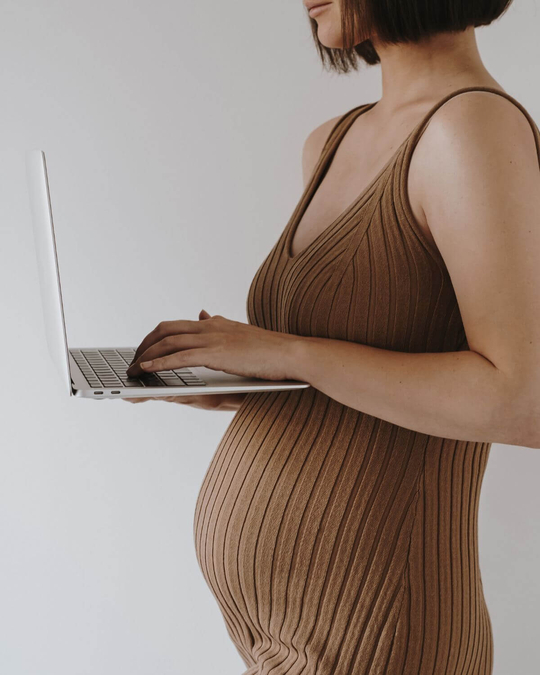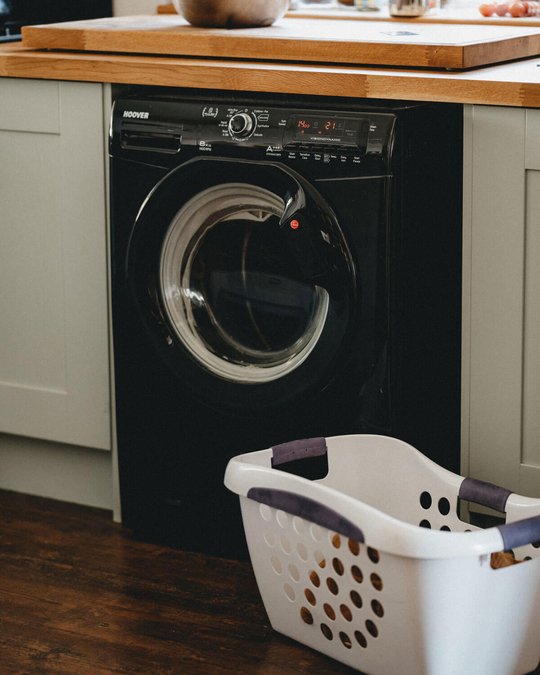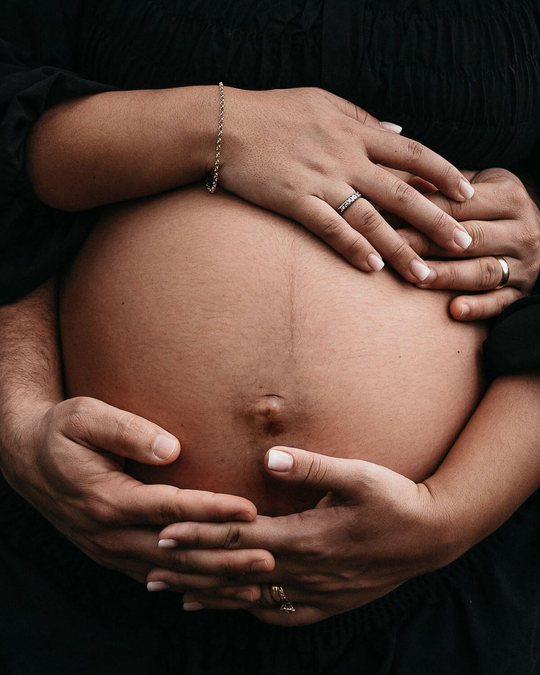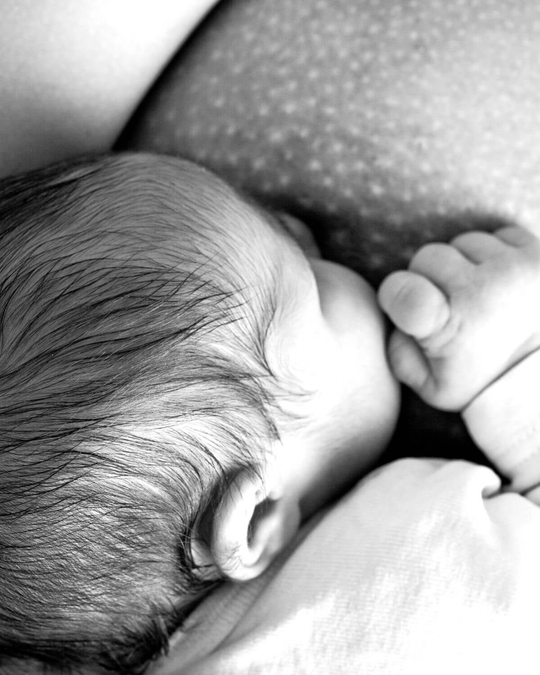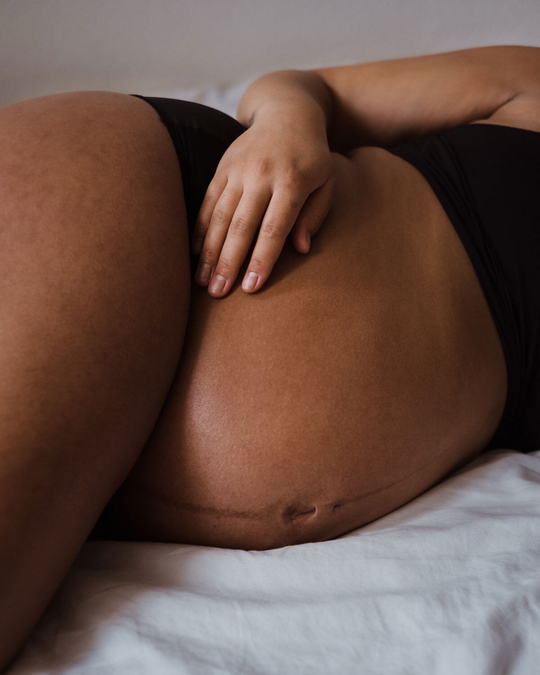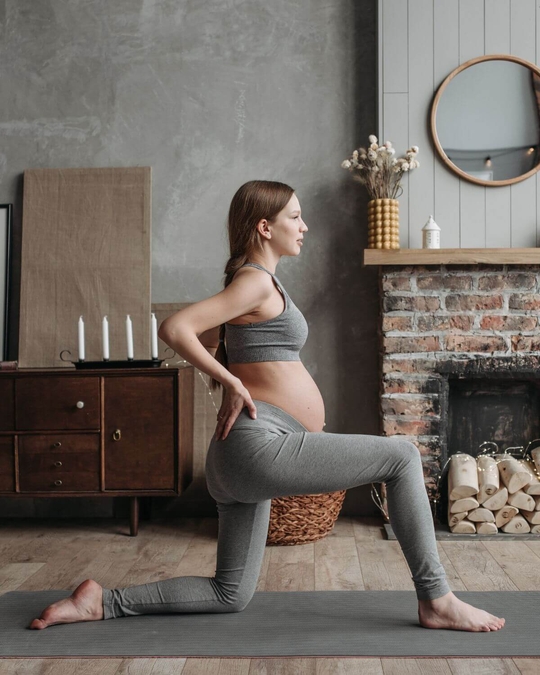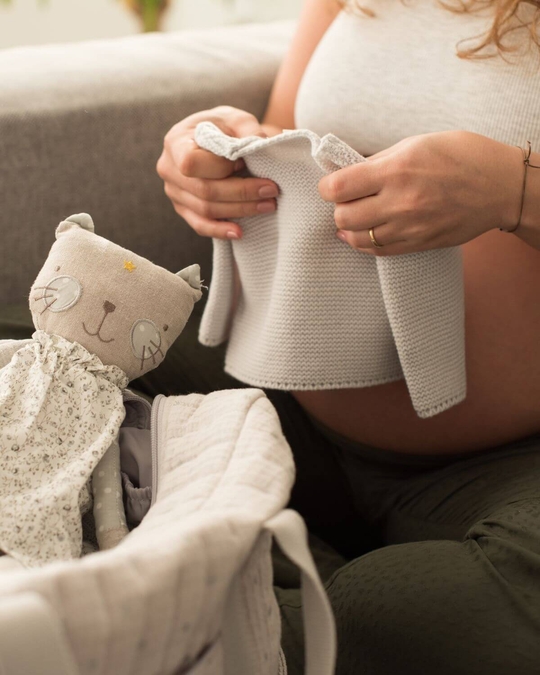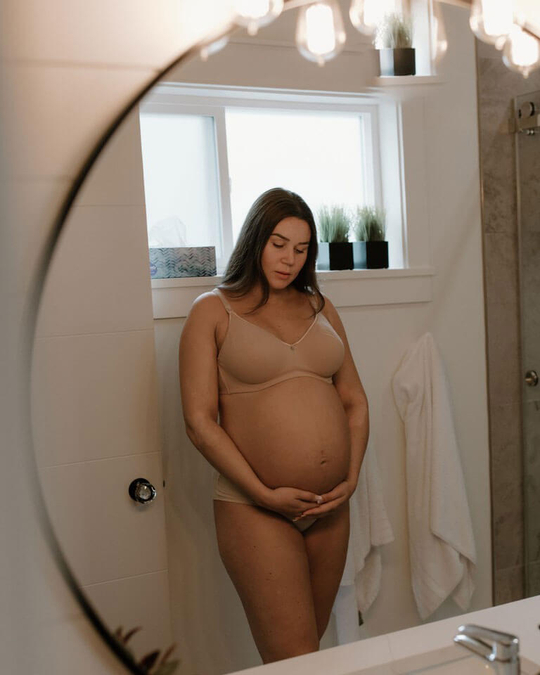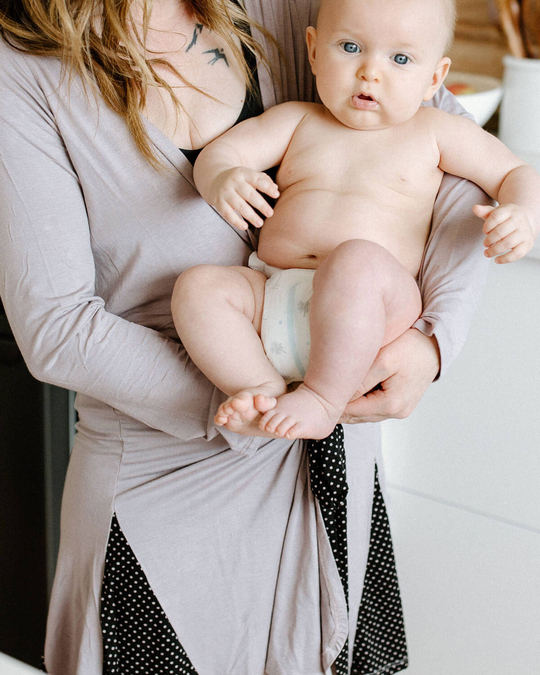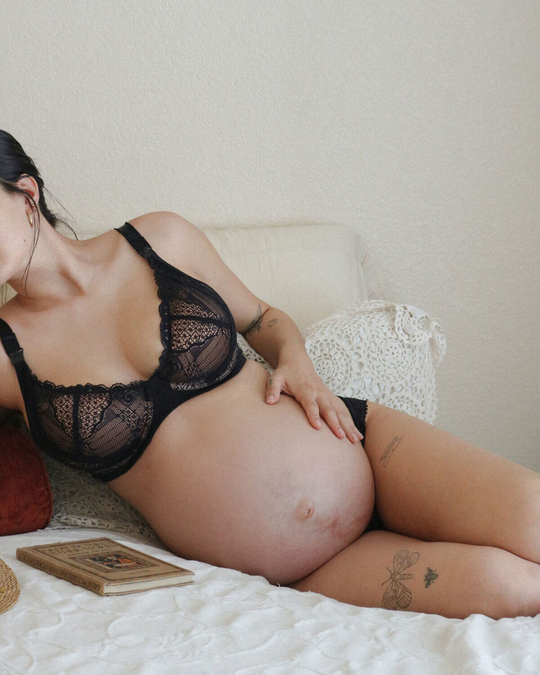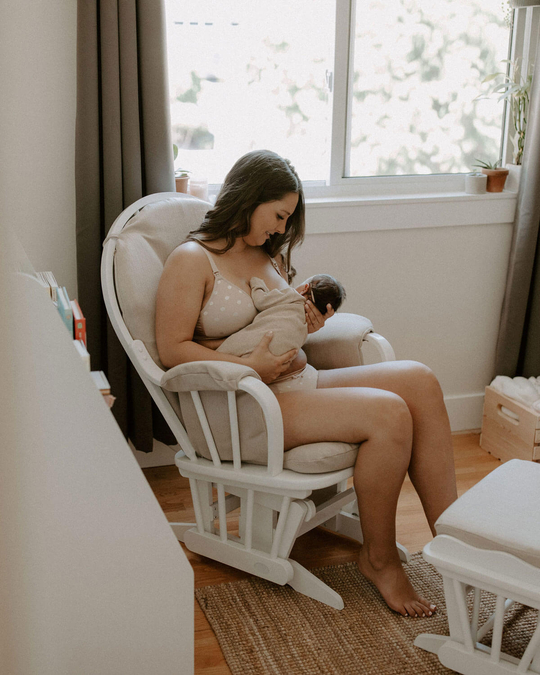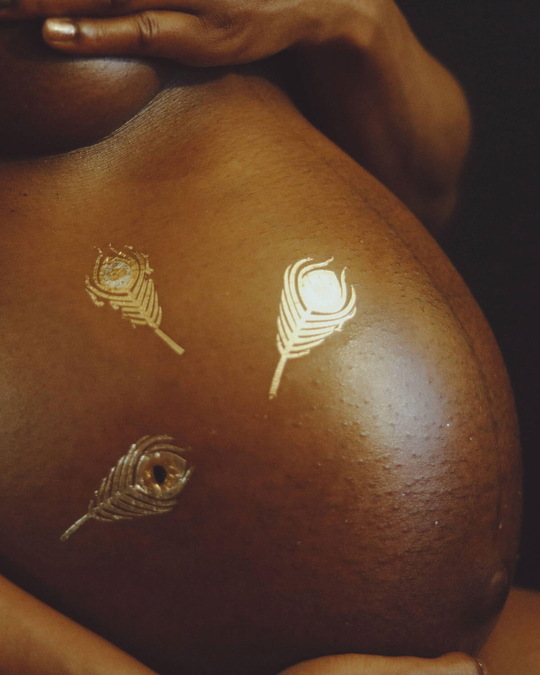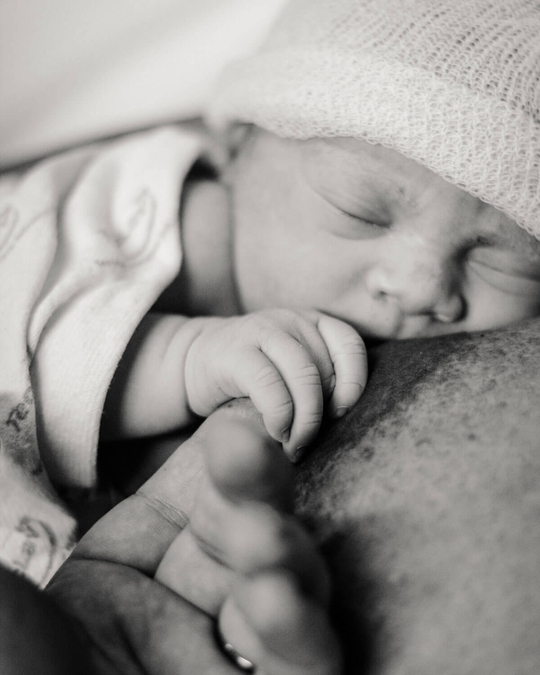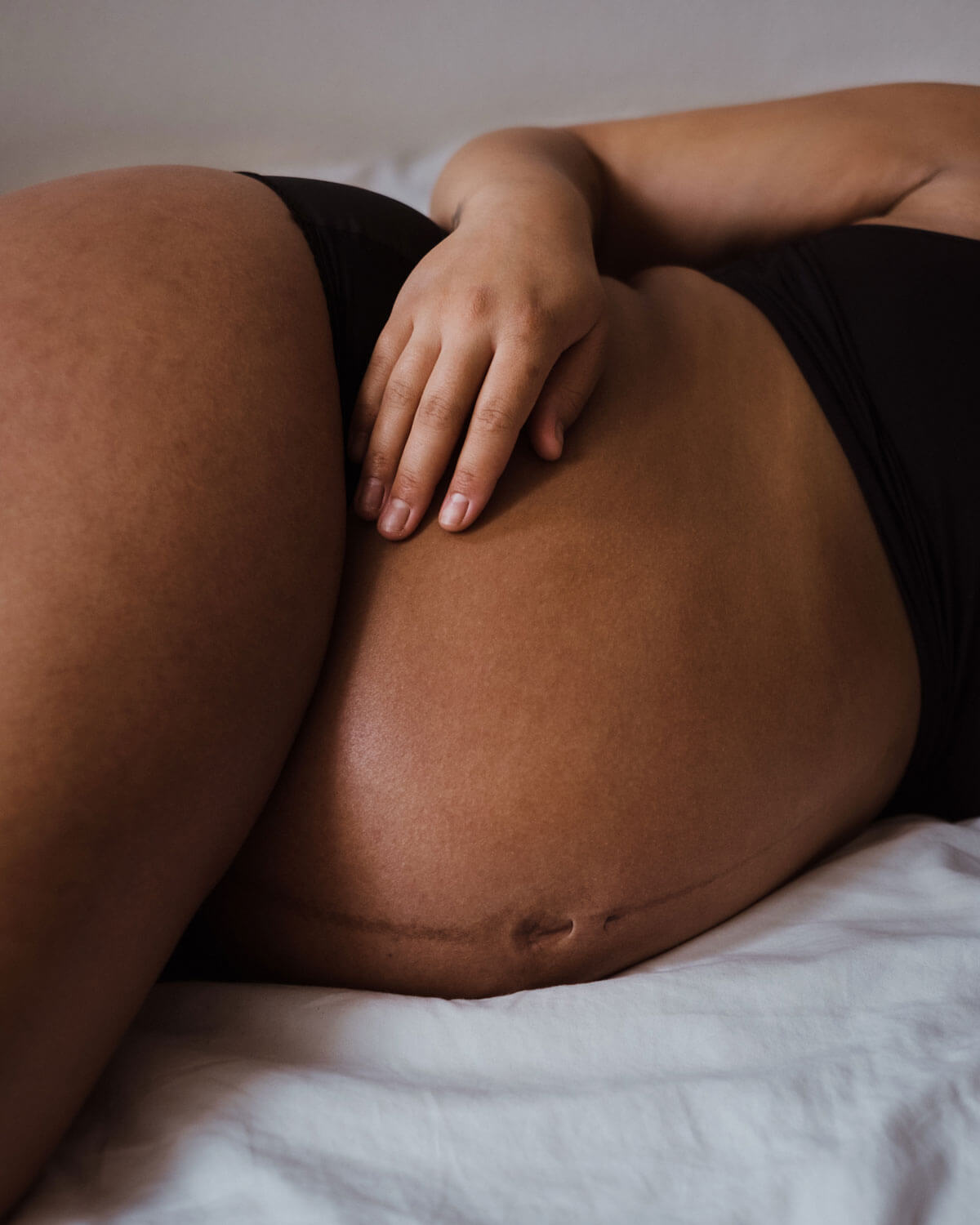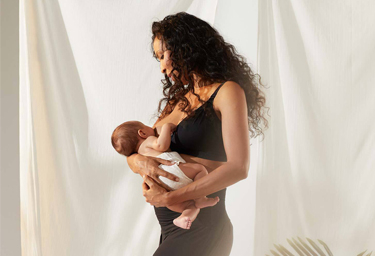Sleep during pregnancy is not always easy. Scratch that, it’s virtually impossible between running to the bathroom every 30 minutes and that horrible feeling of constant heartburn. I know it can be tough. Trust me, I’ve been there, but it is very important to try and catch as many Zs as you can.
Arguably the hardest part of sleeping while pregnant is trying to find a comfy position that takes the pressure of your growing belly and gives your aching back a well-deserved rest.
Consider this lack of sleep preparation for the countless sleepless nights that are coming your way. You will be awake every 3 hours with an infant nibbling on your breasts wishing you were pregnant again.
When we sleep our body slows down and repairs itself. Our blood vessels also restore themselves which is incredibly important for the extra blood flow needed to support a healthy growing baby.
Researchers have even found that there is a link between poor quality of sleep and complications during birth. Women who have less than 6 hours of sleep a night have a higher risk of a long labour, giving birth to a baby who is premature or a baby with a low birth weight.
So, when you can, take a nap, put your feet up and try to get as much rest as you can, especially during your final trimester.
Why is sleep so important during pregnancy?
When we sleep, our whole body repairs itself — including our muscles, tissues and blood. This is incredibly important for a mama and her growing baby, who is so dependant on the extra blood that’s required to develop.
Researchers have even found that there’s a link between poor quality sleep and complications during birth. Women who have less than 6 hours of sleep a night have a higher risk of a long labour, giving birth to a baby who is premature or a baby with a low birth weight. A lower birth weight does not mean an easier birth, by the way.
Sleep directly effects these systems of your body:
- Central Nervous System: Responsible for how your body processes and receives information.
- Immune System: When sleeping produces antibodies that fight infection and bacteria.
- Respiratory System: Your blood is oxygenated whilst sleeping and your lungs regenerate.
- Digestive System: A good night’s sleep produces leptin – this tells your body you are not hungry. A poor night’s sleep results in production of ghrelin that is an appetite stimulant.
- Endocrine System: Hormone production occurs when you sleep and in different stages of REM and cycles. If these are not achieved, then your hormones will be unbalanced. This is especially important for pregnant women and their babies that rely on these for a healthy development.
Actually, if you don’t have enough sleep each night, pregnant or not, you are more likely to experience:
Why do pregnant women find it harder to sleep?
Sleeping while pregnant is difficult for a number of reasons. When growing a human, your body is not really yours anymore, its main function is to grow a happy, healthy baby. In turn, this takes a massive toll on the mother, but some get it worse than others.
From raging hormones and nausea in the first trimester to constant back pain and the need to pee every 5 minutes in the third trimester. It seems you may only catch a break in the blissful trimester, otherwise known as the second trimester, so enjoy it while it lasts.
Some common factors that affect a pregnant woman’s sleep include:
- Hormonal changes in the body
- Rise in body temperature
- Respiratory conditions
- Back pain
- Heartburn
- Nausea
- Cramping
- Needing to use the toilet often
- Anxiety and/or stress
- Growing belly that’s obstructive, heavy and moves in the night
- Change in sleeping position
- Change in body shape and composition
For the average pregnant woman, sleep will be tough but not impossible. For others, they may experience insomnia which can have a huge impact on both your physical and mental wellbeing as well as your little one.

How to solve common sleep problems and disorders during pregnancy.
Heartburn
The increase in progesterone during pregnancy can reduce the function of the oesophageal sphincter, resulting in an increased chance of experiencing heartburn. To counter this, try:
- Eating smaller meals and don’t eat anything 2 hours before going to bed.
- Prop yourself up on pillows to you’re not lying flat to prevent stomach acid flowing into your lower oesophagus.
- Avoid spicy/saucy or rich meals.
You may find that you are less active during the day when you’re pregnant and have therefore not used up the energy that you used to. If this is the case, go for a long walk after dinner (this will also help with digestion) or in the afternoon.
Obstructive Sleep Apnoea (OSA)
Weight gain can be responsible for restricted airways, as can the hormones relaxin and progesterone. These relax the ligaments and joints in your body to get ready for birth, but they also relax a lot of other bits such as your feet (bigger shoe size), and your trachea that may cause OSA. To help this, try sleeping elevated on your side. If you find that this is not working, speak to your healthcare professional.
Best sleeping positions for pregnancy.
#1: Lying on your left side: This improves circulation by giving oxygenated and nutrient rich blood an easy route to your placenta from your heart for your baby.
#2: Lying on your right side: Later in pregnancy, this can cause pressure on your liver, so try to lie on the left side.
#3: Lying on your back (before 20 weeks): After 20 weeks this can cause pressure on your uterus, depending on the size and position of your baby.
#4: Lying elevated propped up on pillow.
Sleeping positions to avoid: Any position that twists your body as this may restrict air flow.
How can I maximise my chances of getting a better night’s sleep?
Unfortunately, not all of the factors listed above are avoidable but there are a number of ways to help ease some of the pain and get a decent night’s sleep.
1. Wearing special pregnancy leggings during the day, can help to alleviate cramping and leg pain. They also help to avoid swollen ankles, cankles if you will.
Not only are maternity leggings a must for health reasons, they’re also the only comfy, go-to pants you will need throughout the entire duration of your pregnancy. Take it from me, I practically lived in leggings for 9 months.
2. Pregnancy shorts are also useful to wear to bed. Similarly to the pregnancy leggings, pregnancy shorts are a must!
When you’re pregnant your natural body temperature rises. Often you may find yourself sweating more than you ever have before. That is exactly why you need a pair of pregnancy shorts. They provide the necessary support to reduce the effects of pelvic pain during sleep while also helping keep your body cool. And a bonus, they also look very cute on.
3. Avoid technology before bed. I know this can be hard, especially in this technological era we live in where the majority of our conversations take place via a phone or laptop.
However, watching a screen right before you plan to sleep alters your sleepiness and alertness, ultimately diminishing the amount of melatonin aka the sleepy hormone in your body.
4. Use a pregnancy pillow, it will become your new best friend. Have you ever seen those massive ‘C’ shaped pillows that always look so soft and squishy? Well, those are pregnancy pillows!
The ‘C’ shape allows you to rest your belly, taking some of that pressure off your tummy and back.
When sleeping you should place it between the legs, under your head with your belly resting on top. Don’t just take my word though, have a play around to find the comfiest position.
5. Avoid drinking at least 1 hour before bedtime. We all know where this one is headed. It’s recommended to have your last drink an hour before you go to bed to help ensure you can empty your bladder just before falling asleep.
You will thank yourself in the morning after you’ve had a good couple hours of sleep without running to the toilet every 30 minutes.
6. Avoid drinking coffee and or tea before bed. It isn’t recommended to have a lot of caffeine while pregnant anyway. The standard limit your doctor will continue to remind you is 1 cup of coffee per day or 2 cups of regular tea.
Since these drinks contain caffeine, you don’t want to drink your doctor-approved cuppa in the evening and then be wide awake staring at your ceiling at 2am in the morning, wishing you could just close your eyes and go to sleep.
7. Avoid sugary treats too close to bedtime, as they can cause an overactive mind. This one pretty much speaks for itself.
8. Avoid eating too close to bedtime. The dreaded heartburn. Some women are lucky enough to never experience that burning sensation stuck in your throat that drives you crazy when you are trying to sleep.
If you’re one of the unlucky ones, try to refrain from eating right before you go to bed. We experience heartburn more significantly at night-time because we’re lying down and our stomach has shrunk to accommodate our ever-growing uterus. Your body has no other choice but to push the stomach acid into your throat, causing what we know and dread, heartburn.
Eat your evening meal at a reasonable time to allow plenty of time to digest your food. This will help immensely.
9. Avoid sleeping too much in the day. This can affect the quality of your sleep at night. However, if you find napping during the day is easier than getting a full night’s rest, just do that.
Rest is rest, no matter if it’s during the night or a 4-hour nap on the couch at 1pm. Also, you are pregnant, nobody can say anything, you deserve that nap or 3!
10. Engage in exercise and keep active in your day. We know exercise isn’t the first thing on a 35-week pregnant woman’s agenda, but you will be surprised how a 30-minute walk will have you extremely tired by the end of the day, especially because you have a weight attached to your stomach.
11. Engage in a calming activity before bedtime. Meditation, or simply reading a book, are both great ways to relax your mind and body before falling asleep.
Deep breathing is also a great way to clear your mind and drift off into a nice slumber.
12. Write your to-do list for tomorrow before you go to bed. This way your mind is free to shut down.
13. Wear comfortable sleepwear. When you’re pregnant, your pre-pregnancy clothes will look three sizes too small, especially with your belly bulging out the bottom.
If you want a nice sleep, you can’t beat some comfy maternity camis and pj bottoms. These will also come in handy when packing your hospital bag.
During pregnancy, a woman’s body is more sensitive. Synthetic fabrics can lead to overheating and can irritate the skin leading to those sleepless nights.
Choose sleepwear garments that not only fit well but also are unrestrictive and feel nice against the skin.

14. Wear a sleep bra. Pregnancy isn’t just rough on your back and ankles, it is also tough on your growing breasts. Often your boobs will become tender, swollen and heavy. That’s why a lot of women will choose to sleep in their bra in the later stages of pregnancy or postpartum.
If you decide that sleeping in a bra is a must (which we highly agree with!) then you need to check out our range of cute, comfy and practical sleep bras. Why wear a bra that hurts and is restrictive? The whole point is that you don’t even realise you’re wearing a bra.
15. It’s recommended to sleep on your side to help prevent loss of blood flow and oxygen to your baby. If sleeping on your side is uncomfortable for you, use pillows as support or an especially designed pregnancy pillow.
16. Sleep in a well-ventilated room. To avoid sweating through your clothes, keep the room cold. I’m talking blast that AC, your partner can handle it, you are the one carrying the huge belly around. Sacrifices, am I right?
17. Establish a bedtime routine. Find a routine that works for you around bedtime and go to bed early. Who cares if it’s a Saturday night and everyone on Instagram is out partying? You are a soon to be mama who needs her beauty rest.
If you are struggling to sleep, why not introduce a sleep app into your routine? Some of these apps offer guided meditation to help you fall asleep, peaceful sounds, white noise and more. Many of them can also track your sleep so you know just how much rest you’re getting (or not getting) every night.
We know the struggle is real when trying to get a good night’s rest. The most important part is that you don’t stress yourself out worrying that you aren’t getting enough sleep. Stress is actually worse for the baby.
Try to relax your mind during the evening, do activities that keep you occupied but don’t take much effort. Have a nice, warm bath or your favourite hot chocolate. Relaxing will help promote better sleep patterns.
If you feel like you’re really struggling and you are worried you aren’t getting much sleep at all, always reach out to your healthcare practitioner as there are things they are able to prescribe if necessary.
—
Disclaimer: Cake does not provide medical advice, diagnosis, or treatment. Any information published on this website or by this brand is not intended as a substitute for medical advice, and you should not take any action before consulting with a healthcare professional.
LIKE WHAT YOU READ?
Join CakeMama Club & get 10% OFF your first order!
Plus you’ll get tips + tricks for pregnancy, postpartum & breastfeeding, get member-only offers, earn CakeCoins every time you shop + more. Learn more







